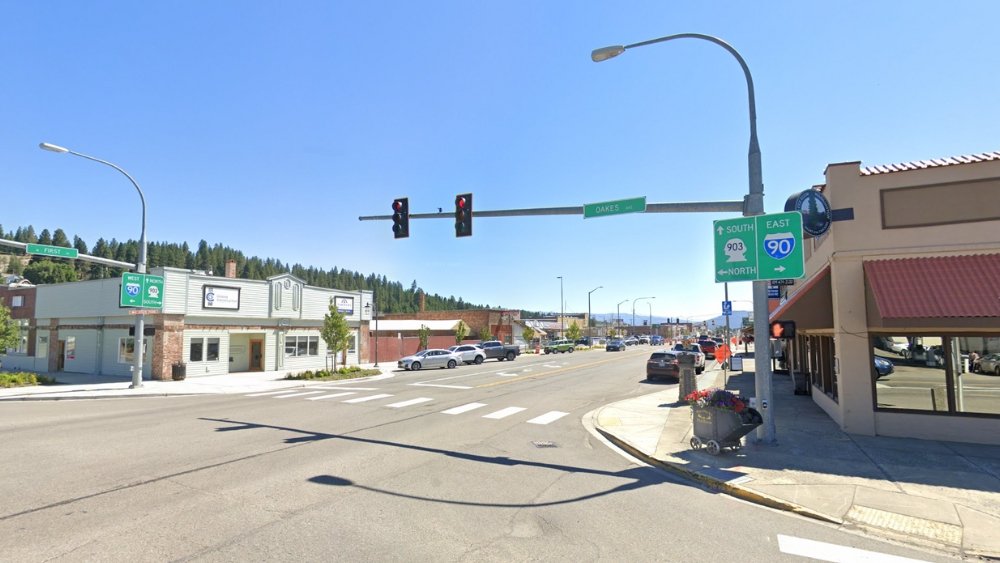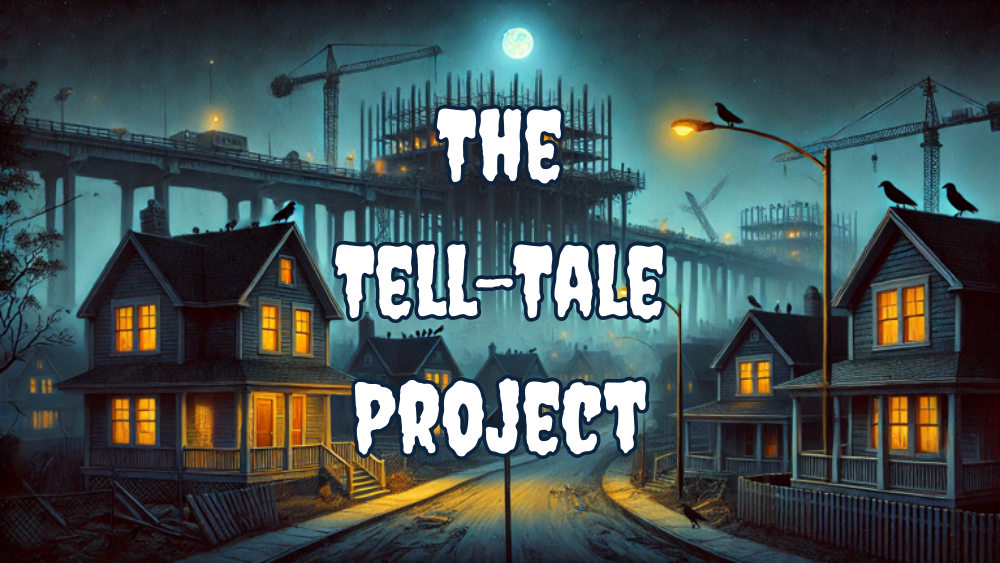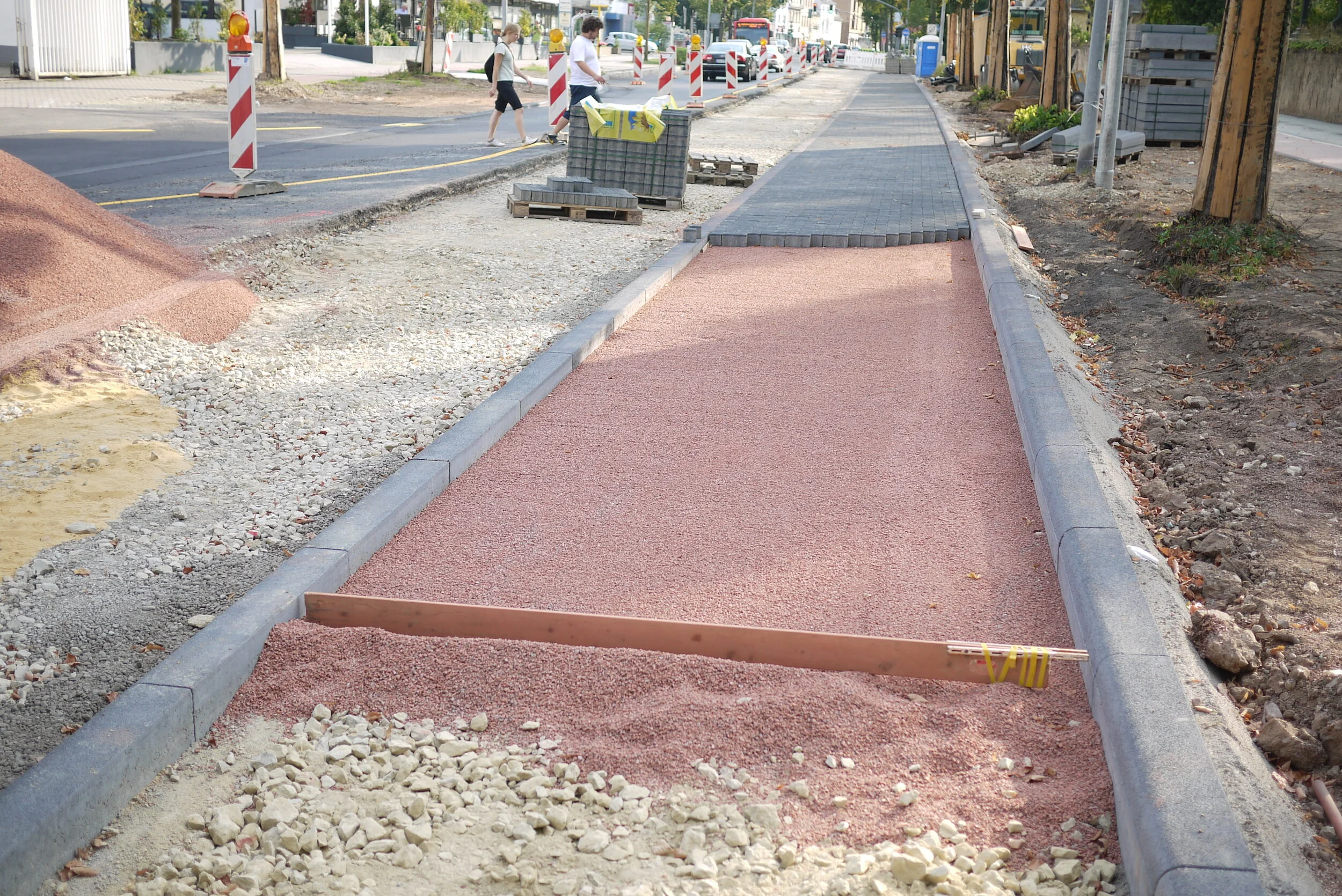Officials in Ottowa, Canada, are showing that local governments don’t need to accept expensive and unproductive projects, even if they have a lot of momentum behind them.
Read MorePublic officials may feel forced to approve large, expensive projects. But in doing so, they are making high-stakes financial commitments with taxpayer money, often without fully understanding the long-term consequences. The results can be devastating.
Read MoreA privately funded megaproject in Chicago plans to redevelop parking lots into a walkable, mixed-use entertainment district. However, a history of disinvestment and fears of gentrification mean residents are fighting the project. Here’s how the developers could increase buy-in and integrate smoothly with the community.
Read MoreIn honor of the season, here’s a short adaptation of Edgar Allan Poe’s “The Tell-Tale Heart,” which illustrates the damage that zombie projects — large, ambitious projects that drag out for years or never get off the ground — can do to a place.
Read MoreThe Northern Beltline project has been haunting Alabama for over 50 years, draining money, time and energy from other more productive and desired projects. Here’s how it came about — and why it refuses to stay dead.
Read MoreWhat’s the point of including a “no build” option for proposed infrastructure projects if no one will advocate for it?
Read MoreYour city just announced a big infrastructure project, one with significant state and federal funding. You and your neighbors are likely wondering: why this project?
Read MoreWhen it comes to transit mega project delays and overruns, there are typically two reactions: to trash the project mercilessly or unconditionally back it to the end. But there is a third option.
Read MoreWhen (if ever) should taxpayers subsidize a new pro sports stadium?
Read MoreThe Kansas City Royals are considering building a new stadium downtown. But who should pay for it: the princes (team owners) or the paupers (taxpayers)?
Read MoreFernando Peralta Berrios—president at the Las Familias de Rosemont neighborhood association in Fort Worth, Texas—discusses how he and his neighbors have partnered with the City of Fort Worth to guide public investment in its historically disinvested neighborhood.
Read MoreStrong Towns member Cindy Long discusses how the Strong Towns Community inspired her to ask her city council the hard questions about the city's financial status.
Read MorePine Island, MN (population 3,000) has huge dreams, yet they can’t take care of their basic systems. Who pays the price?
Read MoreRichmond, Virginia’s proposed Navy Hill redevelopment would reinvent 10 blocks of the city’s core out of whole cloth, aiming for greatness in one fell swoop. The top-down, master-plan approach to city building is seductive. But it is also fragile.
Read MoreCalifornia’s high-speed rail project appears indefinitely on hold. What is the opportunity cost of all the things the state hasn’t done during the decade-plus its leaders have spent fixated on this?
Read MoreIf it walks like a duck and quacks like a duck, it’s probably a duck. But if a mega-project doesn’t have the characteristics—massive public debt, heavy infrastructure burdens, dubious if any benefit for the surrounding area—that usually make such projects so odious, is it still a bad deal?
Read MoreYet another reason not to build a new stadium in your city.
Read MoreHere are 3 reasons why our cities are desperately drawn to short-term megaprojects instead of small-scale improvements that will make our downtowns more successful in the long run.
Read MoreIf we approached transit from an incremental perspective instead of an all-at-once megaproject perspective, we wouldn’t base our standard of success on ridership numbers.
Read MoreWe never calculate—let alone track—the public's actual return-on-investment (dollars in versus dollars out over multiple life cycles) when we do a project. We never even ask the question.
Read More



















